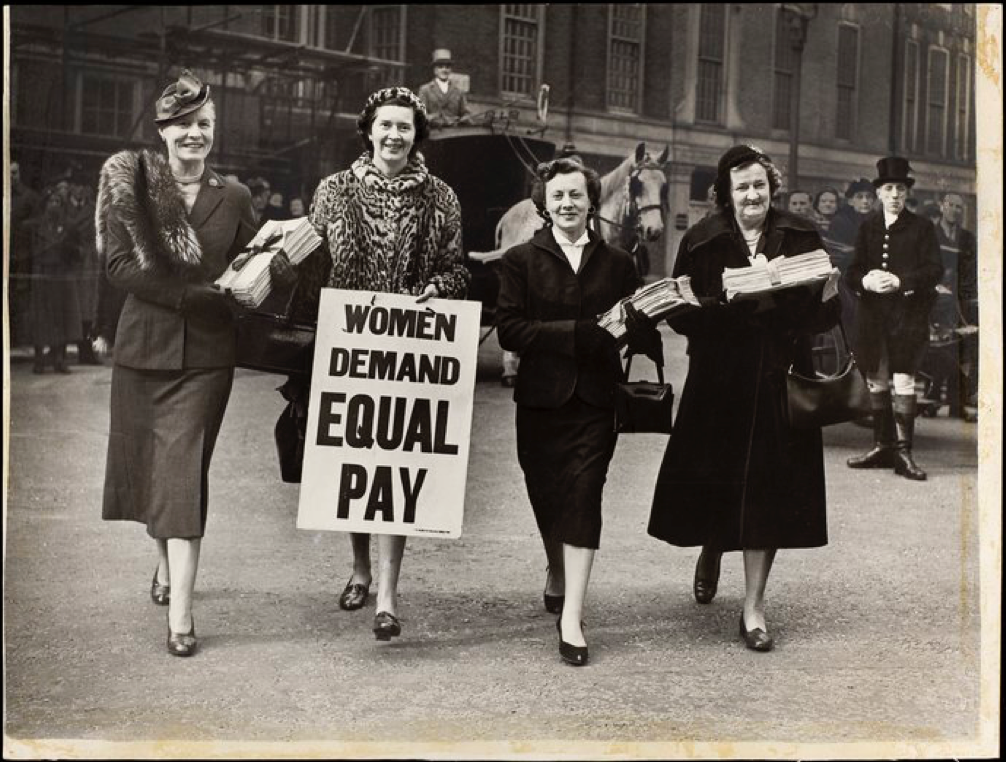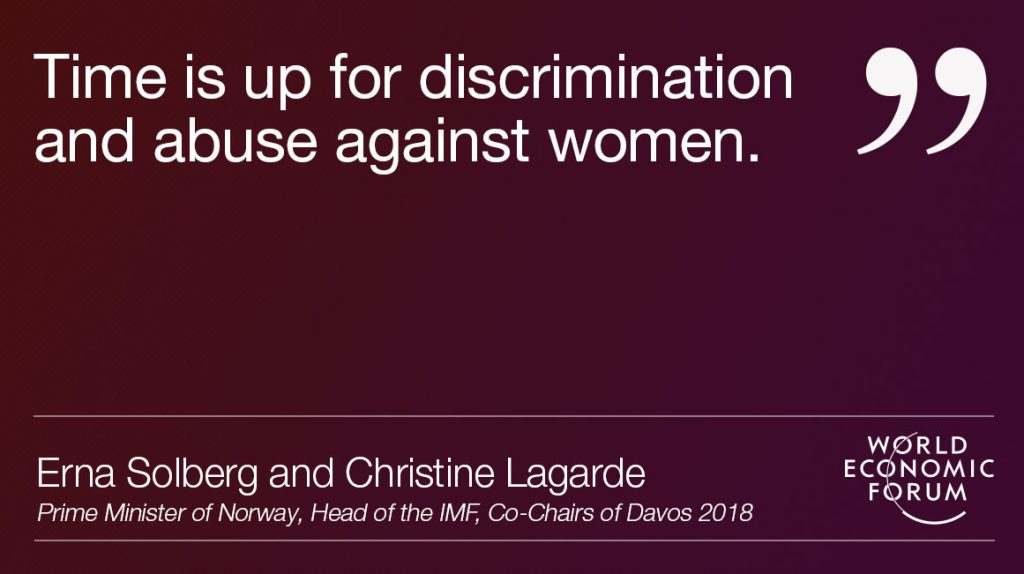Welcome Readers to the concluding part of the two-part blog on Women in Higher Education. It has been an intriguing first part; unveiling the history of education for women from medieval times, victorian era and revolutionising and challenging the political, cultural and intellectual state of affairs through the Women’s Liberation Movement. It’s even more interesting to see how far forward Women’s education has come to till date and what ensues in the future!
Equal Education, Equal Job Opportunities and Equal Pay: The Women’s Liberation Movement bought with it tremendous upheavals for women not only in the area of jobs and education; however it was instrumental in eradicating discrimination against women in walks of daily life like financing a mortgage or provision of goods and services. And when Sex Discrimination Act came into force in 1972, it led to ban of discrimination against women on the grounds of sex and marital status. Many universities that were single-sex only became co-educational institutions. Universities no longer could deny admission to women and prefer a male counterpart. Women got equal job opportunities and continued to work after marriages and becoming a mother as well.

Source:LSE Library
21st Century – The Way Forward : Its been nearly five decades since the implementation of Sex Discrimination Act and the world now saw women’s education in entirely new light. The changing nature of work is swiftly making today’s education systems, labour policy and social contracts outdated. As a result, the path to a good life is increasingly difficult to identify and attain for many people. According to the World Economic Forum, there is a 32% gender gap, when you take into account health, education, economic participation and political attainment. Traditional tools, policies and structures are insufficient to address these challenges. Progress requires new data, new narratives, new dialogue, new tools, new behaviour and new collaboration.
Long standing advocates of women empowerment are endorsing equal respect and opportunities and also establishing the urgency of this task. This comes in the light of the realisation that women’s education is not only critical for women themselves, but has massive economic repercussions as well. The world economies are expanding and women are increasingly playing a crucial role in the development. For example, raising women’s labour force participation to that of men can boost GDP, for example, by as much as 9% in Japan and 27% in India. IMF research has uncovered myriad other macroeconomic benefits: reducing gender gaps in employment, as well as in education, can help economies diversify their exports; appointing more women onto banking supervision boards can challenge cozy group-thinking, thereby supporting greater bank stability and financial sector resilience; and tackling gender inequality can reduce income inequality, which, in turn, can drive more sustainable growth. Its hard to believe but even in the 21st century there are almost 90% countries that have one or more gender-based legal restrictions! These range from not being able to buying a property, to a husband having right to deny and restrict their wives from working. Helping women stay active in the workplace while raising a family is the key. In countries like Norway, for instance, affordable childcare and parental leave schemes have made it possible for both mothers and fathers to work. It is imperative that investing in women is investing in the future. As Prime Minister of Norway and Head of IMF rightly quote, “Time is up for discrimination and abuse against women. The time has come for women to thrive.”



